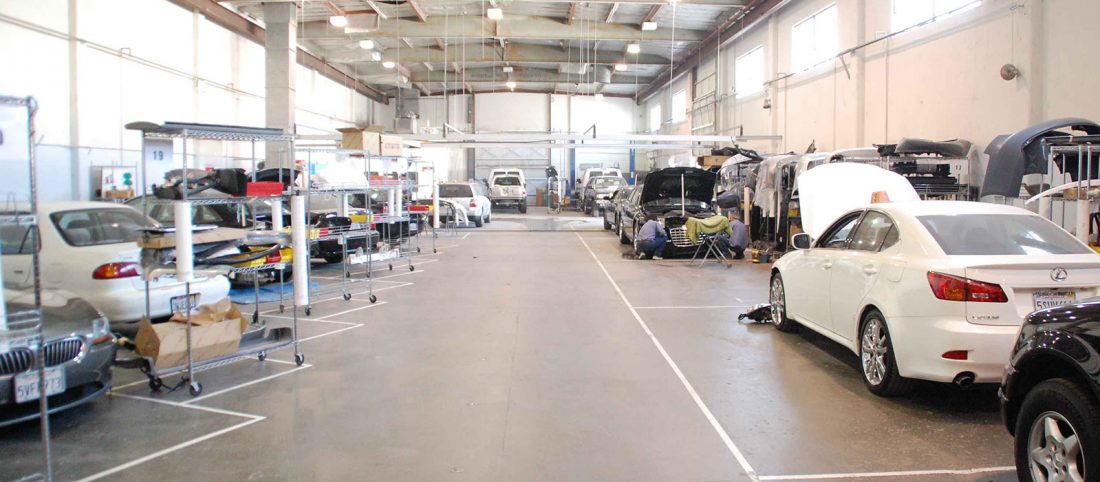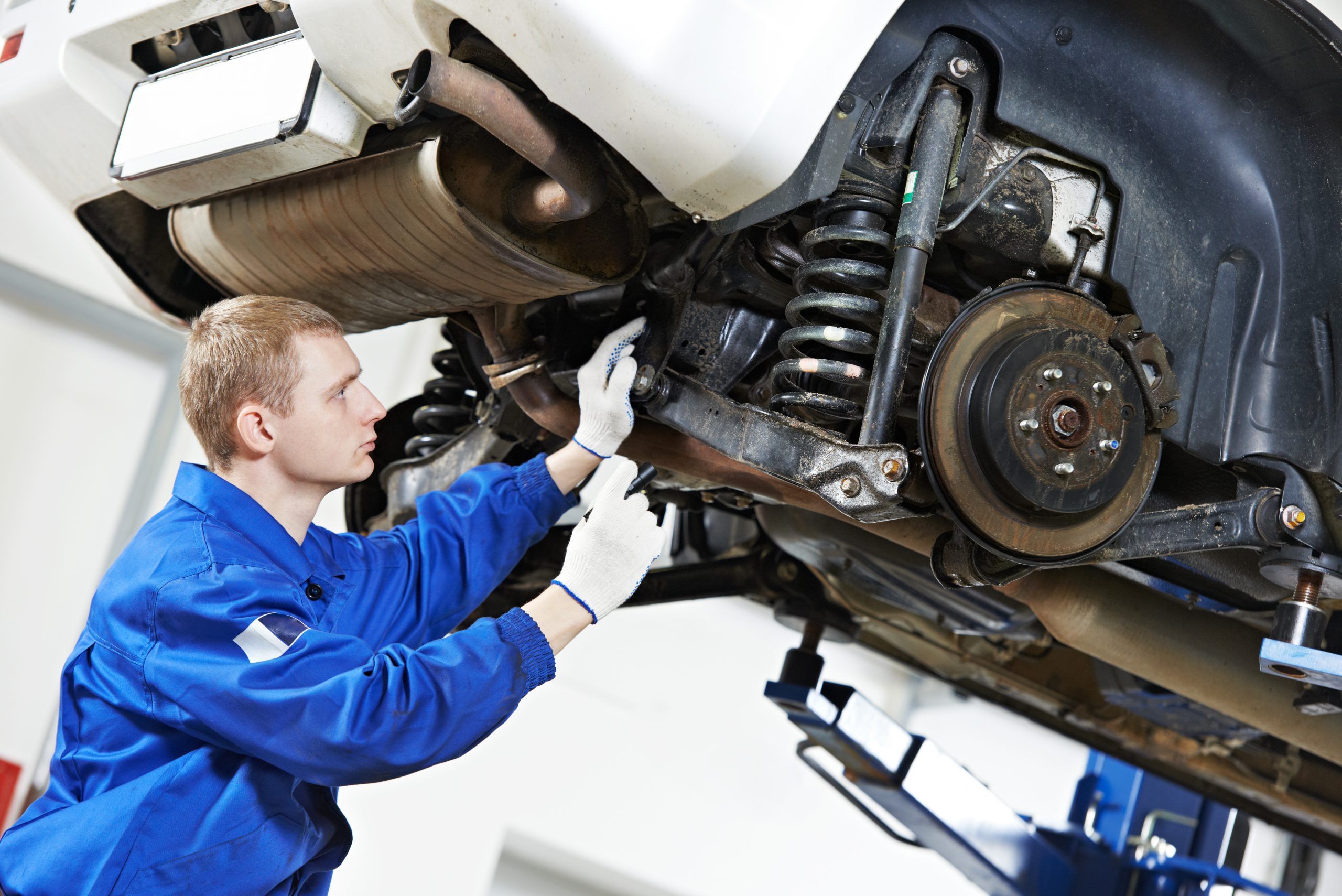All Categories
Featured

Your auto's engine is the heart of your car, and maintaining it in top problem is vital for ideal efficiency and longevity. Routine engine tune-ups are an excellent method to preserve your auto's health, improve fuel performance, and stay clear of costly fixings down the roadway. Whether you're a vehicle fanatic or someone who simply desires to keep their automobile running efficiently, these engine tune-up tips will assist you get the most out of your automobile.
- Replace Spark Plugs. Stimulate plugs play a crucial role in beginning your engine and ensuring smooth combustion. Gradually, spark plugs can become dirty or put on out, bring about misfires, decreased fuel effectiveness, and rough idling.
Throughout an engine tune-up, check and replace your trigger plugs if necessary. A lot of automobiles need brand-new stimulate plugs every 30,000 to 100,000 miles, depending on the kind. Regularly changing ignition system guarantees appropriate ignition and optimum engine performance.
- Examine and Tidy the Air Filter. The air filter avoids dirt, dirt, and debris from entering your engine. A clogged or filthy air filter limits airflow, causing your engine to function more difficult and burn even more fuel.
Inspect your air filter throughout a tune-up and change it if it's unclean. In dirty atmospheres or areas with heavy contamination, you might require to transform the air filter more frequently. A clean air filter can boost gas effectiveness and extend the life of your engine.
- Check and Change Belts and Hose Pipes. Belts and tubes are crucial for numerous engine features, such as powering the alternator, water pump, and cooling system. Over time, these components can break, fray, or wear, potentially leading to malfunctions.
During a tune-up, check belts and hoses for indicators of wear and change them if needed. Replacing these parts proactively can conserve you from expensive repairs and stop unforeseen failings.
- Tidy the Gas System. Your fuel system, consisting of the gas injectors and gas lines, can accumulate dust and carbon down payments over time, decreasing engine effectiveness. Cleaning the fuel system throughout a tune-up helps enhance performance and gas economy.
You can use a gas system cleaner or have a specialist mechanic do a much more detailed cleaning. This action is especially crucial for older lorries or cars that often drive in stop-and-go website traffic.
- Examine the Battery and Charging System. A healthy battery is crucial for starting your engine and powering electric components. Throughout a tune-up, inspect the battery terminals for corrosion and make sure the links are limited.
Inspect the battery's voltage and change it if it shows indicators of weakness. Additionally, have the alternator and billing system checked to ensure your battery stays charged during procedure.
- Adjustment the Engine Oil and Oil Filter. Oil adjustments are a basic component of engine maintenance. Engine oil lubricates relocating components, lowers rubbing, and helps control engine temperature. With time, oil comes to be infected and loses its performance.
Throughout a tune-up, change the engine oil and oil filter to keep your engine running efficiently. Follow your automobile's producer referrals for oil type and change periods.
- Examine the Air Conditioning System. The air conditioning system prevents your engine from overheating. In time, coolant can break down or come to be contaminated, minimizing its performance.
Check the coolant level and condition during a tune-up, and flush and replace it if needed. Evaluate the radiator, water pump, and pipes for leaks or damages. A properly maintained cooling system helps your engine operate at the appropriate temperature and prevents overheating.
- Examine the Ignition System. A damaged ignition system can create beginning problems and lowered engine performance. Throughout a tune-up, examine the ignition coils, distributor cap, and rotor (if suitable) Replace any components that show indicators of wear or damage to make certain smooth and reliable engine operation.
- Listen for Uncommon Sounds. During a tune-up, take the possibility to listen for any uncommon engine noises, such as knocking, ticking, or hissing. These sounds can indicate underlying issues, such as shutoff troubles, loosened elements, or exhaust leaks. Dealing with these problems early can avoid extra comprehensive damage.
- Usage Top Quality Components and Fluids. When carrying out an engine tune-up, constantly utilize high-grade components and fluids that satisfy your vehicle maker's specifications. Cheap or inaccurate parts can compromise your engine's performance and dependability.
Conclusion: A Well-Tuned Engine is Secret to Longevity. Normal engine tune-ups are vital for keeping your car's performance, performance, and dependability. By changing worn components, cleaning up essential systems, and attending to possible concerns, you can maintain your engine running efficiently for many years to find. Whether you're doing it on your own or relying upon a relied on auto mechanic, spending in tune-ups is a clever means to protect your lorry and take pleasure in a more secure, smoother adventure.
Latest Posts
How to Prolong the Life of Your Vinyl Fence?
The Benefits of Plastic Fencing from Washington Fencing
A Dream Beachfront Wedding Celebration at Deauville Inn
